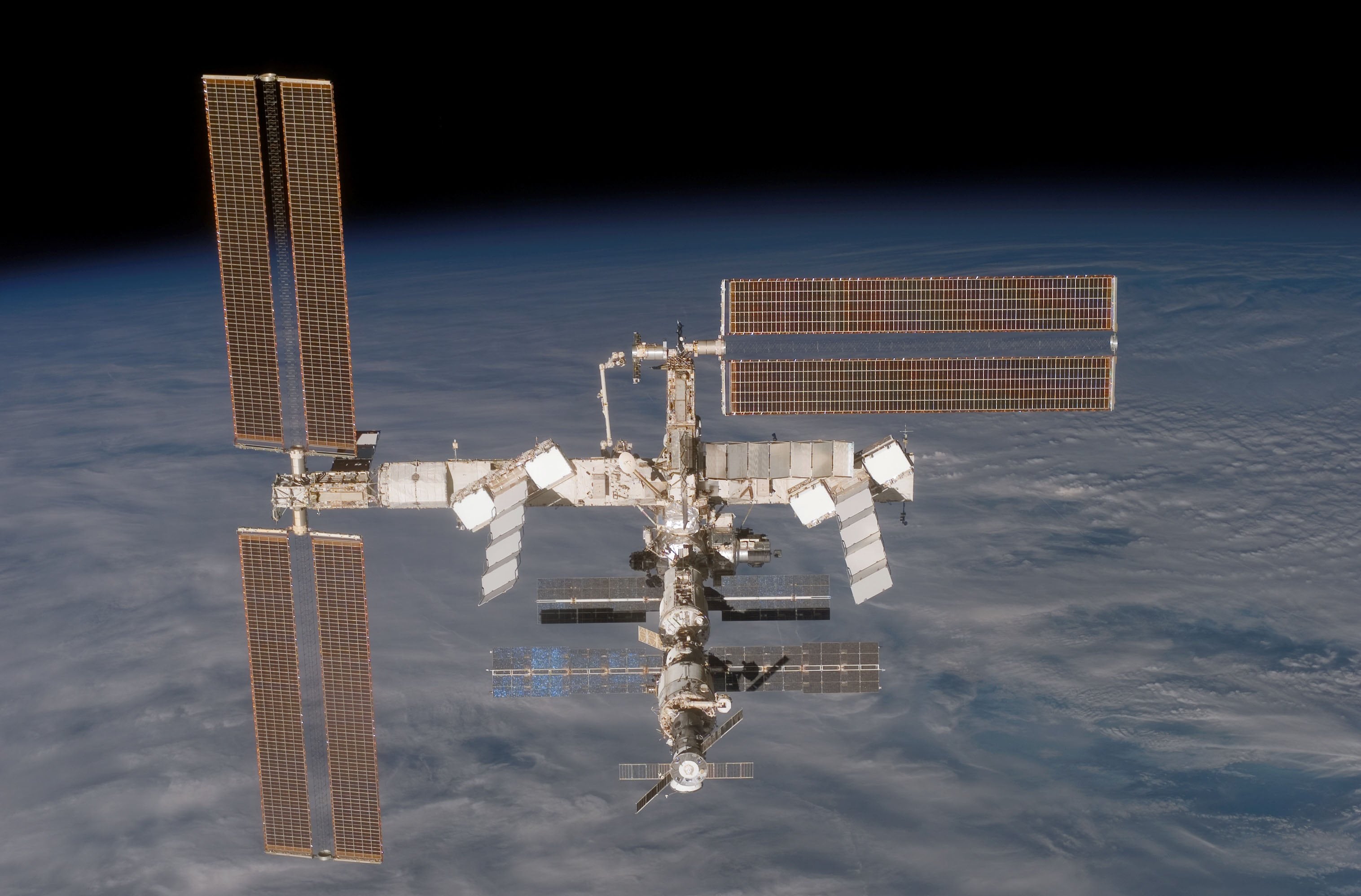US will no longer conduct missile tests to take out satellites, Kamala Harris says
Harris also called on other nations to also make the commitment

Your support helps us to tell the story
From reproductive rights to climate change to Big Tech, The Independent is on the ground when the story is developing. Whether it's investigating the financials of Elon Musk's pro-Trump PAC or producing our latest documentary, 'The A Word', which shines a light on the American women fighting for reproductive rights, we know how important it is to parse out the facts from the messaging.
At such a critical moment in US history, we need reporters on the ground. Your donation allows us to keep sending journalists to speak to both sides of the story.
The Independent is trusted by Americans across the entire political spectrum. And unlike many other quality news outlets, we choose not to lock Americans out of our reporting and analysis with paywalls. We believe quality journalism should be available to everyone, paid for by those who can afford it.
Your support makes all the difference.The US will no longer conduct anti-satellite missile tests that spread debris and damage other spacecraft, vice president Kamala Harris said on Monday.
“I am pleased to announce that as of today, the United States commits not to conduct destructive direct-ascent anti-satellite missile testing,” Ms Harris said during remarks at the Vandenberg Space Force Base in California.“Simply put: These tests are dangerous, and we will not conduct them,” she added.
Countries including China, Russia, and India have conducted missile tests to take out their own satellites in the past which have been viewed as efforts to develop anti-satellite weapons systems.
Condemning such tests as “reckless” and “irresponsible,” the US vice president said they also put other space missions in danger.
Citing an example, she said the Chinese anti-satellite missile test in 2007, and Russia’s recent test 5 months ago destroyed their respective satellites and generated thousands of pieces of debris “that will now orbit our Earth for years, if not decades.”
Ms Harris said “more than 1,600 pieces of debris” have been identified from the Russian test and over 2,800 pieces of debris still in space from China’s test 15 years ago.
The Russian test also threatened the International Space Station and astronauts had to shelter in an escape capsule when the orbiting laboratory was hit by debris.
“This debris presents a risk to the safety of our astronauts, our satellites, and our growing commercial presence,” the vice president said.
“A piece of space debris the size of a basketball, which travels at thousands of miles per hour, would destroy a satellite. Even a piece of debris as small as a grain of sand could cause serious damage,” she added.
Announcing the White House’s decision to not conduct such destructive anti-satellite missile tests in the future, Ms Harris called on other nations to also make the commitment.
“In the days and months ahead, we will work with other nations to establish this as a new international norm for responsible behavior in space,” she said.
“There is a direct connection between such a norm and the daily life of the American people. If a satellite was taken out by debris, it could affect the daily weather forecast, GPS driving directions, and even your favorite TV station,” Ms Harris explained.
Moving forward, she said the US would remain focused on writing new rules to ensure all space activities are conducted in a “responsible, peaceful, and sustainable manner.”
Join our commenting forum
Join thought-provoking conversations, follow other Independent readers and see their replies
Comments